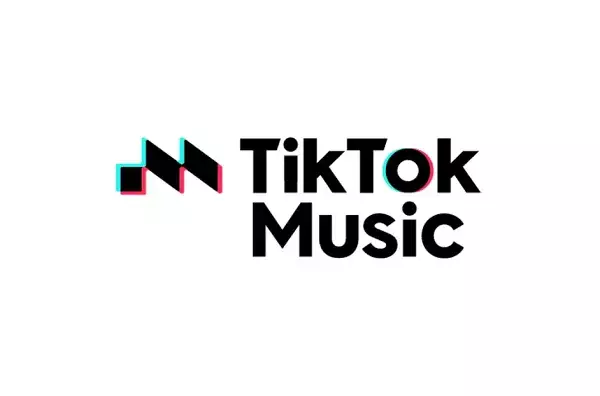In a move that will resonate with few but carry implications for the streaming platform landscape, TikTok has announced the closure of its dedicated music streaming app, TikTok Music, which faced numerous operational hurdles and struggled to attract a significant user base. Initially introduced in India back in 2019 as “Resso,” the app rode the coattails of TikTok’s explosive popularity in the subcontinent. However, following its ban in 2020, Resso managed to evade the restrictions that plagued its parent app, only to find itself rapidly losing relevance in the competitive world of music streaming.
Despite launching under the reinvigorated brand of TikTok Music last year, the platform suffered from poor reception, especially after the Indian government’s decision to ban it earlier this year. This ban seemingly sealed its fate, as users had already begun to look elsewhere for their music streaming needs. The rebranding did little more than add momentum to its decline, underscoring the challenges of pivoting an established app without a solid foundation from which to build.
In an attempt to salvage the app, TikTok widened its reach by launching in Brazil, Indonesia, and selectively in Australia, Mexico, and Singapore, albeit under a closed beta testing phase. Yet, these efforts did little to remedy ongoing problems, including music licensing disputes and the fierce competition from dominant players like Spotify and Apple Music. Their established ecosystems and extensive libraries made it difficult for TikTok Music to secure a substantial foothold in a market already saturated with options.
TikTok’s strategy to evolve its app innovations relied heavily on the platform’s intrinsic ties to music promotion. The goal was to create an integrated environment where users could not only discover new tunes but also stream them without leaving the TikTok ecosystem. However, the reality proved to be vastly different. The anticipated synergy between music consumption and social media engagement simply did not materialize to the extent that TikTok had hoped.
According to TikTok, the decision to shut down TikTok Music is part of their broader strategy to focus on enhancing the core app experience, ensuring that they maintain their relevancy within the music industry. In an official statement, the company expressed a desire to drive greater music listening and value on existing streaming services, aiming to benefit artists and songwriters. This shift signals a return to their original formula of being a significant promotional platform for musicians rather than a competitor in the streaming game.
The app’s closure announcement has already been communicated to the remaining user base, promising a transition period until November 28, 2024, after which all functionalities will cease. Users are encouraged to transfer their playlists and seek refunds if necessary, yet the closure will leave no digital trace of their experience on TikTok Music.
Lessons Learned and Future Directions
The failure of TikTok Music serves as a reminder of the perils of entering a market dominated by established players. TikTok’s foray into music streaming reiterates the necessity of a robust plan and unshakeable market fit when attempting to pivot or expand an existing platform. The app began with a unique proposition but ultimately fell short of expectations, likely because it underestimated the complexity of the established streaming landscape.
In hindsight, the TikTok Music experience may catalyze more informed decisions as the platform continues to navigate its role within the music domain. TikTok has proven its value as a powerful marketing tool for artists, using its algorithm-driven approach to promote music trends and help launch new stars. The failure of TikTok Music could ultimately refine TikTok’s focus and lead to greater advancements in its primary application, aligning music promotion more seamlessly with user engagement and creativity.
While the closure of TikTok Music may not shake the streaming world significantly, it illustrates the difficulties inherent in attempting to disrupt a well-entrenched industry. TikTok’s journey serves as a cautionary tale for digital platforms trying to carve out a niche among established giants.


Leave a Reply